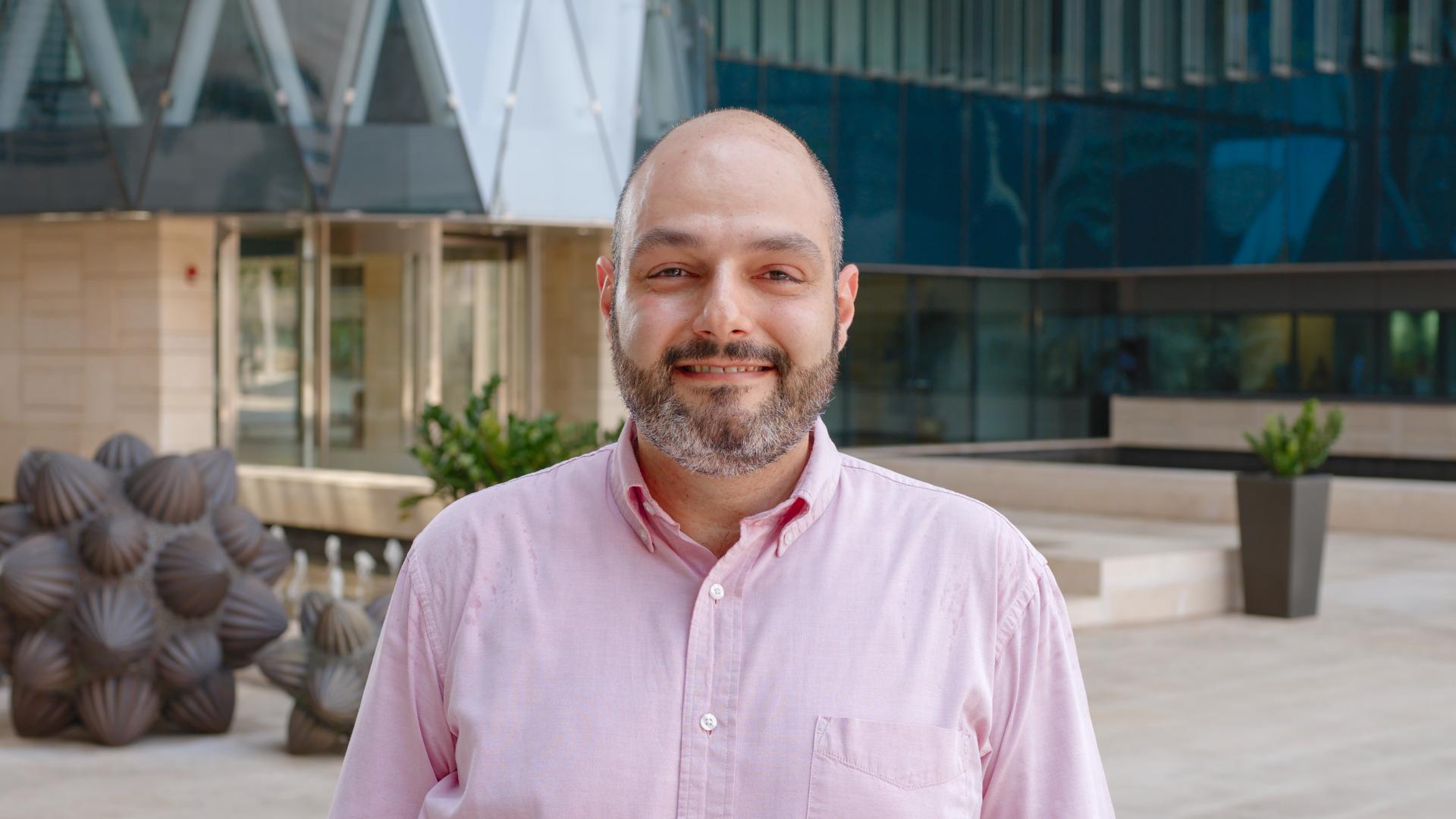New Google collaboration advances AI research in Saudi Arabia

Google is funding several KAUST research projects on AI
Thuwal, Saudi Arabia, 7 July 2024 - Google announced $100,000 in seed research grants to AI researchers at King Abdullah University of Science and Technology ( KAUST) faculty in Computer, Electrical, and Mathematical Sciences and Engineering (CEMSE) to advance research in multilingual, multimodal machine learning, specifically in the use of generative and large language models (LLMs). The researchers will advance research in topics including health, cross-cultural language understanding, sustainability, privacy and education.
Commenting on the launch, Sarah Al Husseini, Google’s Head of Public Policy in Saudi Arabia, said "Google is committed to empowering local researchers and institutions to introduce relevant solutions to users, businesses and governments in an AI-first world. By investing in pioneering research with KAUST, we hope to continue fostering multilingual, multimodal machine learning breakthroughs that will benefit the region and beyond."
Gianluca Setti, Dean of the CEMSE Division at KAUST, commented: "It is great to see Google recognize the caliber of talent in KAUST's CEMSE faculty. These grants will allow our faculty to strengthen the efforts in multilingual, multimodal Machine Learning, and the development of LLMs in areas with tremendous potential for societal impact.”
Receiving one of the grants is Bernard Ghanem, Professor of Electrical and Computer Engineering (ECE) and Computer Science (CS), the Principal Investigator of the KAUST Image and Video Understanding Lab (IVUL) and the Chair of the newly announced Center of Excellence in Generative AI at KAUST. The grant supports his work on ‘Redefining Traditional Continual Learning Setups and Evaluation”, a pioneering area of machine learning, specifically in visual computing. “The funds will help support my ongoing research on the topic of continual learning, which aims to empower AI models with the ability to continually learn from streams of data. These models will keep learning new concepts as they present themselves naturally over time.”

Professor Bernard Ghanem
Tareq Al-Naffouri is a Professor of Electrical and Computer Engineering and Principal investigator of the Information System Lab at KAUST. His grant is for his machine learning research, an innovative project that aims to create a flexible and efficient open radio access network (RAN) infrastructure that leverages advanced generative AI models to enhance the performance and adaptability of mobile networks. “By integrating machine learning into the core of mobile network operations, this work promises to drive substantial improvements in network efficiency, scalability, and user experience, pushing the boundaries of what is possible in modern telecommunications,” he said.
Another grantee, Assistant Professor in Computer Science Mohamed Elhoseiny, is pioneering work in machine learning, specifically visual computing research, through his VISION CAIR lab. His work on "No Culture Left Behind: Assistive Multilingual Vision LLMs for Cultural and Cross-Cultural Vision-Language Understanding" focuses on developing inclusive AI models that can interpret and generate visual and linguistic data across multiple languages and cultural contexts, addressing the diversity in human emotional experiences. Professor Elhoseiny commented: “We are grateful for Google's contribution, which will help us collect more multilingual data from underrepresented languages, which we need to build this desired and more inclusive AI model.”
Google will also aim to match each faculty awardee with a Google researcher who can serve as their sponsor.
Head of AI and professor of the Computer Science program, Juergen Schmidhuber, notes the grants indicate Google’s interest in KAUST’s world-class AI research. “Our AI faculty are exploring frontier areas of machine learning and visual computing, specifically computer graphics and visualization. We are happy to see Google is supporting this.”
According to CSRankings, the metrics-based ranking for computer departments that weighs output at the most prestigious publication venues, since 2014-2024, in the fields of AI, machine learning, and visual computing (specifically computer vision, computer graphics and visualization), KAUST ranks #17 in the world.
The grants are timely, as KAUST announces a new Center of Excellence on Generative AI led by Bernard Ghanem and Juergen Schmidhuber. The Center aims to accelerate and establish excellence in Generative AI research and development in the Kingdom by innovating general-purpose Generative AI models and training best practices that fuel specialized solutions in the four RDI priorities. Professor Bernard Ghanem will be the new Chair of the Center of Excellence in Generative AI at KAUST.
The grants are part of Google’s wider efforts to support AI research and development worldwide.

